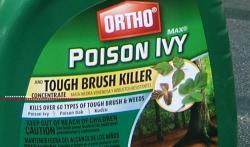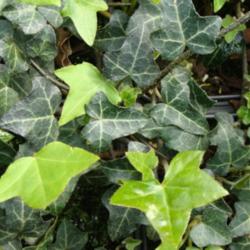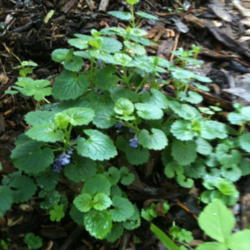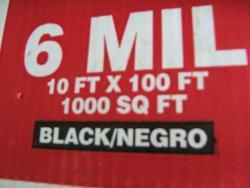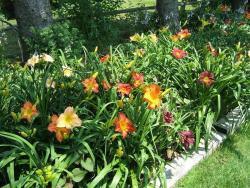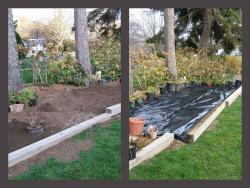Hi TG and

to NGA
I doubt that concoction will kill anything and especially not ivy. It might burn the leaves a little. If you don't want ivy and you don't want to poison your soil, start digging.
BTW, Roundup is a contact poison. It will only kill whatever green parts of plants it lands on but ... it won't kill all plants. The more extensive the root system, the less well it works.
Good news: Roundup won't poison your soil (the chemical reaction is done as soon as the Roundup dries). Bad news: Roundup will not kill ivy.
About the only thing that will kill ivy is brush killer and that will poison your soil.
You don't say where you live but I undertook the task of getting rid of ivy once because I feared it would eat my yard and smother my 100 year old oak trees. I discovered it was full of rats and rattlesnakes (probably after the rats).
Start digging. Watch out for snakes.
